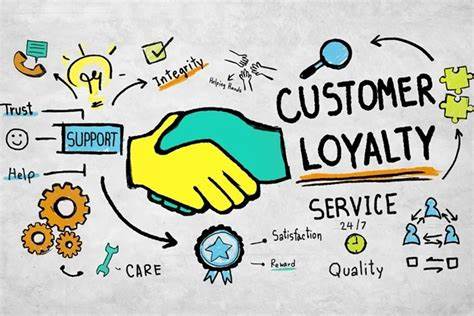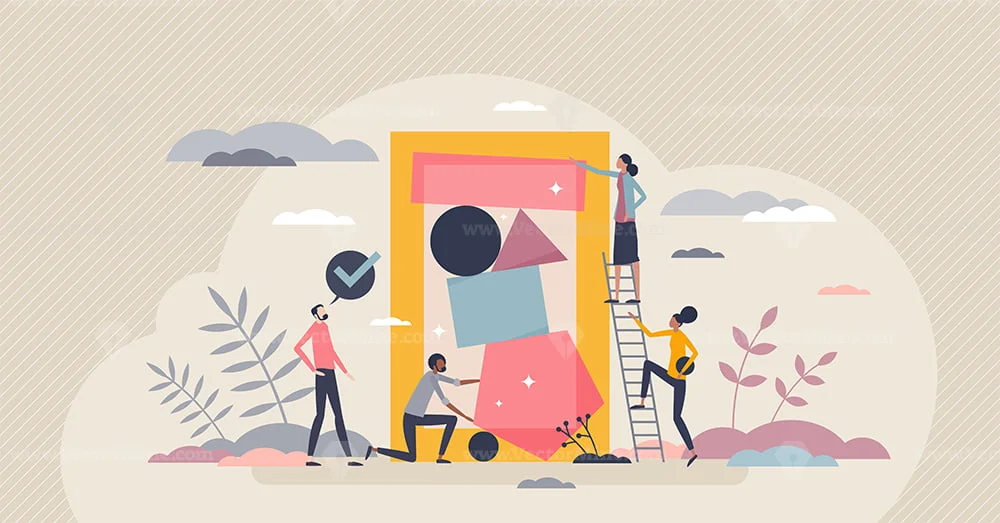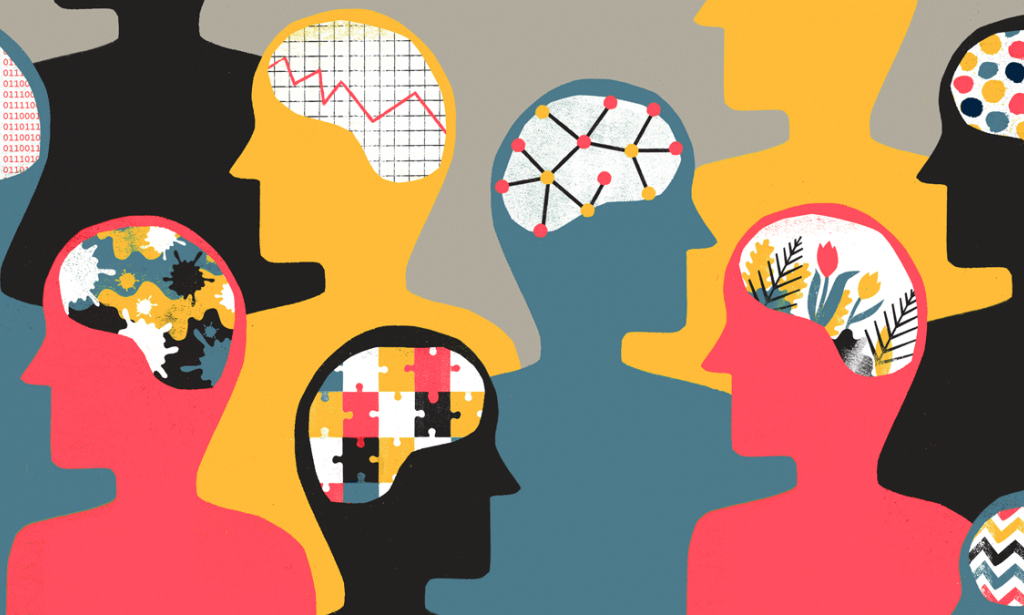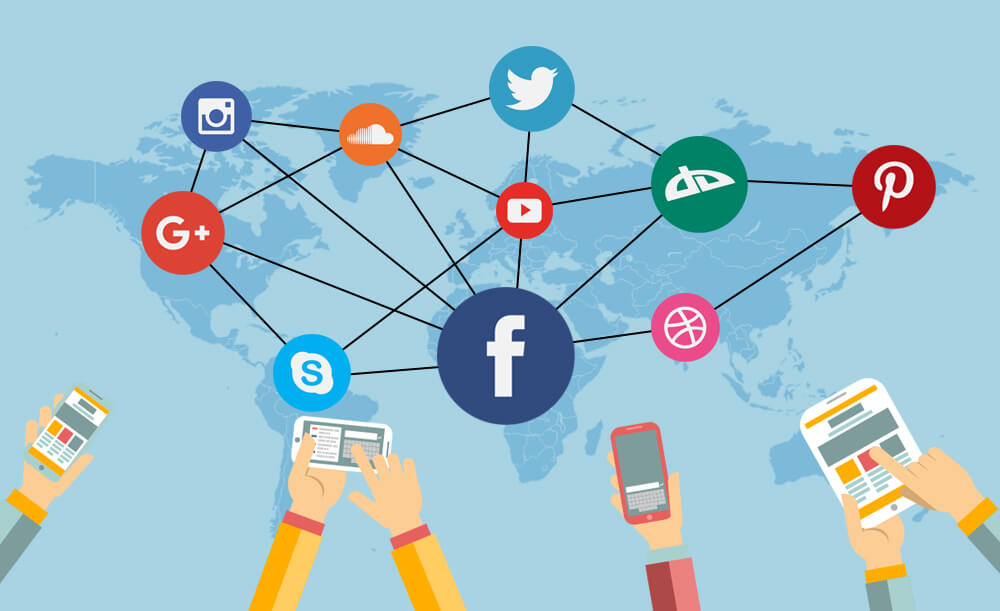
Measuring Loyalty: Is it Possible? A Guide to Modern Day Loyalty
There is no defined way of addressing these questions. Experiences are lived differently, and opinions are as diverse as experiences. In this post, we wish to explore the aspect of loyalty to an employer from a more ‘everyday’ perspective. Or, to put it in a better way – what would “loyalty” to your employer in the modern day comprise of? Loyalty needn’t necessarily mean an undying pledge to be forever rooted in the same organization, against your interests of growth because you believe in and respect your employer. What it comes real close to, in meaning though, is honesty. How you answer the following questions for yourself will help you understand what your feelings are, about loyalty towards your employer at your work place.
-
Measuring Loyalty: How accountable to your employer do you feel, on an everyday basis?
To understand this question we need to understand that accountability here does not mean the forced or imposed kind. One of the best examples to understand true accountability is when you have a role that enables you to work from home. True, even work from home roles have their own protocols of surveillance, but unarguably it does present more scope where you could “choose” to slack. But would you? Or would you feel a sense of accountability towards your employer and strive to put in an honest day’s work? You are accountable even if you may not feel particularly loyal towards your organisation/ employer. However, the purpose of juxtaposing these two aspects is to gain an insight about how one would personally analyze his/her reason for feeling accountable without being made to feel accountable.
-
Measuring Loyalty: From the following words – fear, respect, indifference, – which would come close to describing how you feel towards your employer?
Do you feel afraid of your employer? Is the driving motivation for your work fear?
Do you respect your employer? Are you motivated to work hard, and give your job the best you can because your employer inspires you and commands respect?
Or do you feel indifferent? You put in your 8 hours, and go home. Nothing more, nothing less.
How you would define your opinion of your employer and your relationship with him/ her is an important factor in determining your loyalty towards your employer. One might stay loyal out of fear, but that counts as a toxic workplace attitude. One might be indifferent – in which case, you would indifferent to the aspect of loyalty. However, one might be motivated to do well because of love and respect for the employer – which is a true measure of loyalty. -
Measuring Loyalty: How prone would you be to getting poached?
This would be the ultimate test for loyalty. One of the most important ways of measuring loyalty is to determine how susceptible the employee is, to believing that the grass is greener on the other side. When we talk about modern day loyalty, this becomes a huge factor because increase in attrition rates is a concern that many organisations are facing. Attrition rates are also reflective of how an organization treats its employees. Assuming that your workplace does not have a high attrition rate, and employees are taken care of, where would you place yourself? How prone would you be to getting carried away with a job offer that appears lucrative? Would you ditch your organisation which has invested in you, and an employer who trusts your skills, for some place where the grass seems greener?
Measuring Loyalty: From the Other End of the Spectrum
Now lets take a look at loyalty, from the other end of the spectrum. We put what we want to say in perspective by including excerpts from a superb article on Medium – On Loyalty by Stevie Buckley. You can read the full article here.
You are a transaction. Sure, your employer gives you the impression they care about you but as soon as you start costing the company money or pose a risk to the company’s image or breach any other element of your 300 page contract, then I can absolutely assure you that they will drop you in a heartbeat. You don’t even need to do anything wrong to be at risk. If the company is struggling financially, due to no fault of yours, you and all your colleagues are at risk. Suddenly the corporate line of “we’re all family here” sounds a bit ridiculous.
Your employer pays you to spend more time with them than you spend with your family and/or loved ones. Your employer is one of the biggest influencers on your mental well-being. Your employer can and will replace you in a heartbeat if absolutely necessary.
Let me be explicitly clear, your employer isn’t your family and they are not your friend. They pay you to do a job and your responsibility is to do that job well.
- Do not sacrifice your relationship with family and friends to appease your employer.
- Do not sacrifice your mental wellbeing to appease your employer.
- Do not sacrifice your dignity, values and ethics to appease your employer.
- Do not buy into the bullshit hype of “hustle” to appease your employer.
Mutual Respect
Get your head down and work hard. If your employer compensates you well, puts effort into ensuring you are healthy in every sense and invests in your personal and/or professional growth then by all means, tell the world how happy you are.
Focus on your own growth. Focus on helping the humans you work with. Focus on being efficient with your time and efforts so that you can spend even more time and effort on the things and people that truly matter.
And that’s the apt note to end this post at, with ample food for thought with what modern day loyalty comprises of, and if and how loyalty can be measured!




